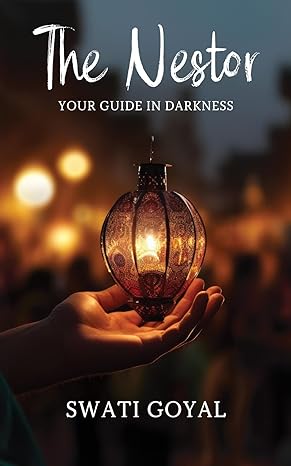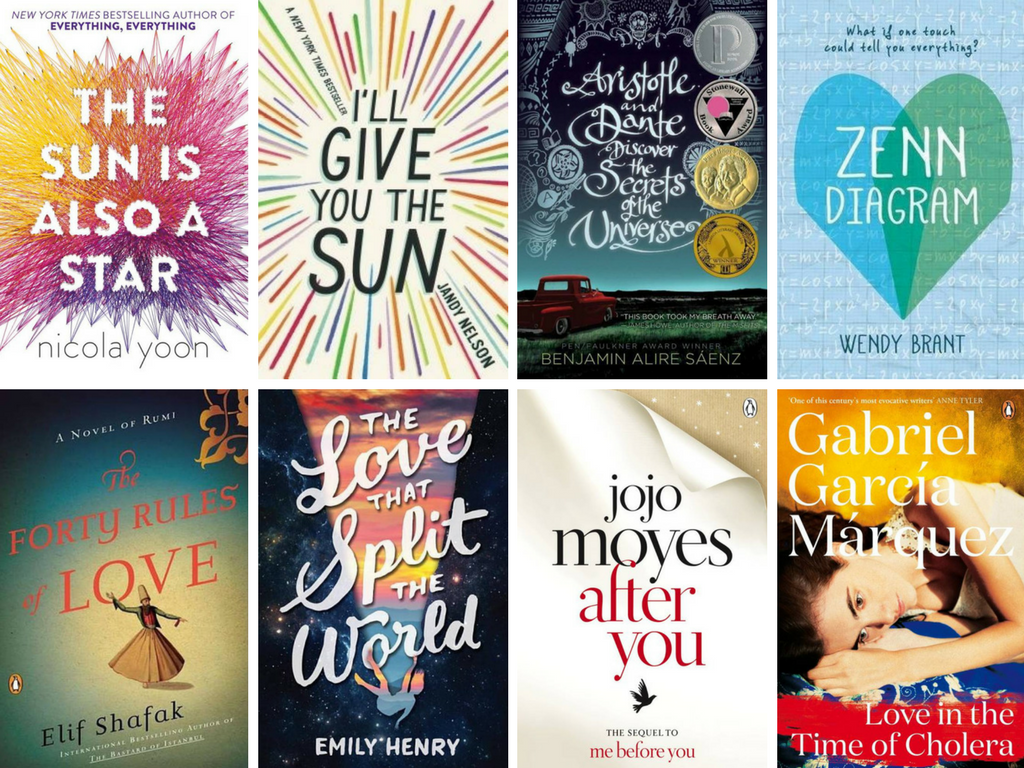Q1. What inspires you to write?
“I kept always two books in my pocket: one to read, one to write in.” — Robert Louis Stevenson
My love for reading. Reading opens your gateways of imagination. I started reading at the age of 10. The picks were the famous Five by Enid Blyton and Goosebumps. The Famous Five series is filled with adventure and the Goosebumps series would turn you cold feet. I switched to Sidney Sheldon at the early age of 14, his books are packed with suspense and unexpected twists and turns along with sizzling hot descriptions. I remember reading Harry Potter and the Goblet of Fire in the 12th Grade. I issued the book from the school Library and my copy had around 1500 pages. But later after a few years, when the movie came out, I was very much disappointed, but it was not the fault of the director, that have to select the relevant to fit in a two-hour movie. That is when I realized the magic of reading, it ignites your imagination, The famous Five was more interesting, The Goosebumps was scarier and I started feeling like I was a student at Hogwarts after reading Harry Potter. So that’s the magic of reading. And just like actors turn directors or producers. Readers turn into writers, a story they want to share, to tinkle one’s emotions, to add fuel to the reader’s imagination. Writing goes step by step. You write quotes, you write beautiful messages to tackle emotions and circumstances. Gradually you start falling in love with writing, expressing yourself in an uncontrolled word count, and in the same vein as workaholic, shopaholic, and bookaholic you become writeaholic. Writing becomes your peace corner.
Q2. Tell us more about the book.
The Nestor is a self-help book. The book is based on the cardinal belief that this life is 100% our responsibility. It covers various topics in brief. All issues that one comes across in day-to-day life. The book suggests to its readers that they must accept the bitter truth of introspecting themselves. Our ego and pride want us to blame others for catastrophic events, but not entirely can someone be wrong, if we assess our mistakes, we give our chance to improve. No matter how much we blame others, neither the people nor the situation will change. The only person we can change is ourselves and allow ourselves to grow. Why do people find it difficult to accept their mistakes? It is because they believe that accepting mistakes is about telling 100 people about it or posting on social media about it. Accepting your mistake is a private affair, it is a self-confessing activity, telling yourself, “Oops, I made a mistake, I will be careful next time.” That’s it, confessing to people makes things only worse. They will make sure that your confession should be a nightmare for you for an eternity, but the least we can do is be honest with ourselves. The Nestor is a medium to invoke self-realization in people, instead of wasting our valuable resources on people and obstreperous circumstances we should direct our energies on ourselves. The Nestor is about building confidence and fetching support to make difficult decisions. The Nestor is about self-motivation and playing safe. The Nestor is about parenting and relationships. About Karma, what goes around comes around, so think before you leap. The Nestor is your friend, who will extend you a shoulder to lean upon and at the same time it will be your confidant to unfurl bitter pieces of truth you must hear. You can lie to the whole world, but you cannot lie to yourself.
Q3. Given the complex publishing process in India, what was your experience?
Publishing is an expensive affair not only in India but all over the world. When you are a debutant writer, locating a publisher is like finding a needle in a haystack. There are so many of them out there, the established ones are expensive, and with some publishers, their offers do not match up with their prices. Apart from the funds required for the process, the bigger concern is who you can bank upon with your hard work. The other cheaper offer is self-publishing with Amazon, but in India, the authors do not have the option of self-publishing hard copies. Furthermore, there are technical glitches while uploading the book online. Font error, spacing error, and so on. I was considering several publishers for my book, but my gut feeling told me that I must go with Paper Town publishers. Not only their packages are pocket-friendly, but the staff is someone you can lean on. Working with Meenakshi, Ekta, and others on the team, never raised a cloud of doubt. Knowing Meenakshi is a blessing in disguise for me. Anyone who connects to me, and asks me how should I go about publishing, I refer Paper Town Publishers to everyone. They may not be as big as Penguin and Harper Collins, but they have earned my confidence and everyone should have a fair chance to grow.

Q4. If your book was adapted into a movie, what would be your dream casting?
It is not the kind of book that can be made into a movie. But if ever there is a hit-up for an audiobook, I would be very pleased to do it. Since I want the message to be conveyed in the same tone as they are intended to be expressed.
Q5. If you were to re-create the ending of one book, which book that would be, and what would change?
I will have to grab my thinking cap to find an answer to this one. I didn’t like the way The Inferno by Dan Brown ended. It had a very important message to deliver on overpopulation. In the end, the virus spreads, incapacitating people from reproducing. A better ending would have been, that the virus was contained and only a few people were affected by it, something similar to its movie adaptation. If people are unable to reproduce it will be a misery for people who are longing to become parents and a gala time for everyone else.
Q6. How do you balance your life and find time to write?
Writing is one task that requires lots of concentration, multitasking, and tea. Starting with pin-drop silence, uninterrupted wi-fi, followed by soothing music, notepad, snacks, and tea. It is a forlorn hope to stuff all the aforesaid in one-time slot. A dream doesn’t become reality through magic; it takes sweat, determination, and hard work. If you are determined to make it happen, you will make time for it. I usually write when my kids are at school, while they are off to their extra circular classes, or after I put them to bed. In between shelling time for household chores.
Q7. Are there specific messages or feelings you hope your readers take away from your story?
The message that people must hold onto is: “The only aspect that is in my control is, I, me, and myself. I can neither change the situation nor the circumstances nor I can change the people around me because people will change only when they want to change. So, I must work on myself, bring changes in myself, and the situations, the circumstances, and the people will gradually start falling in alignment with me.”
Q8. What genres or topics do you enjoy writing about the most?
I love to read and write non-fiction mostly. Because it is real. The situations are true and so are the people.
Q9. The last book you read that made you cry.
A Thousand Splendid Suns by Khaled Hosseini. The ending of the book had cut me to the bone. The heartache I felt for days. In countries like Afghanistan, there is extensive male oppression but I could relate the end of the story with many women around me. The unsaid, unclaimed, and unsolicited sacrifice, remains unsung forever. Books like Mayada, Princess, The Fault in Our Stars, blasphemy, Not Without My Daughter, a Walk to Remember, The Choice, Someone Like Me, and many more will all end in tears.
Q10. Describe a lesser-known aspect of Swati.
Apart from writing and spending kids with my chipmunks, I love to crochet and do embroidery in my free time. But I hardly get my hand on it, my little cats don’t spare my wool.
Buy the book: https://www.amazon.in/Nestor-Your-Guide-Darkness-ebook/dp/B0CLN6BF2Q


















